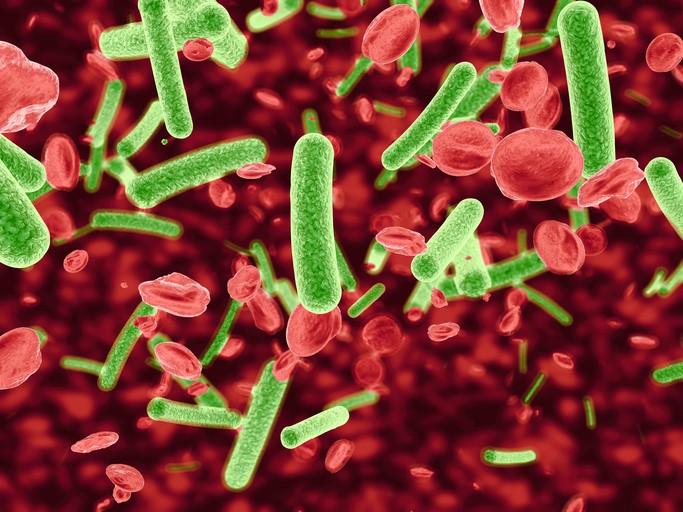
A new study in the Journal of Occupational and Environmental Medicine suggests significant work productivity losses in people living with long-COVID symptoms for 2 or more years.
The findings come from adult respondents to an online survey incorporating the Valuation of Lost Productivity questionnaire given to residents of British Columbia, Canada. All participants had a SARS-CoV-2 infection confirmed via polymerase chain reaction testing 1 to 2 years prior to the survey.
The median time between infection and survey completion was 28 months. Participants with ongoing long-COVID symptoms were more likely to be female, older, White, unvaccinated before infection, and have had a severe initial COVID-19 illness, the authors wrote.
33 hours lost every month
Among 906 participants, 165 (18.7%) reported long-COVID symptoms. The 165 people with long COVID reported greater total productivity loss than other COVID-19 survivors (adjusted mean difference, 99.2 hours per 3 months; 95% confidence interval, 44.9 to 167.5 hours).
This equals about 33 lost hours of productivity each month—or about 8 hours per week.
Overall, participants with ongoing long-COVID symptoms were much more likely to report any productivity loss in the preceding 3 months compared to those without ongoing long-COVID symptoms (74.9% vs. 47.1%). Similarly, 72.9% of those with long COVID compared to 39.4% without reported work performance impairment in the preceding 7 days of the survey.
On average, among those with long COVID symptoms, the amount of time loss was nearly 100 hours .
"On average, among those with long COVID symptoms, the amount of time loss was nearly 100 hours (equivalent to 2.7 weeks of full-time work) more over 3 months and almost 15% greater work performance impairment per week," the authors concluded.
They added that the productivity loss described in the study is comparable to the burden associated with chronic migraine, multiple sclerosis, and rheumatoid arthritis.
.jpg)

.jpg)














